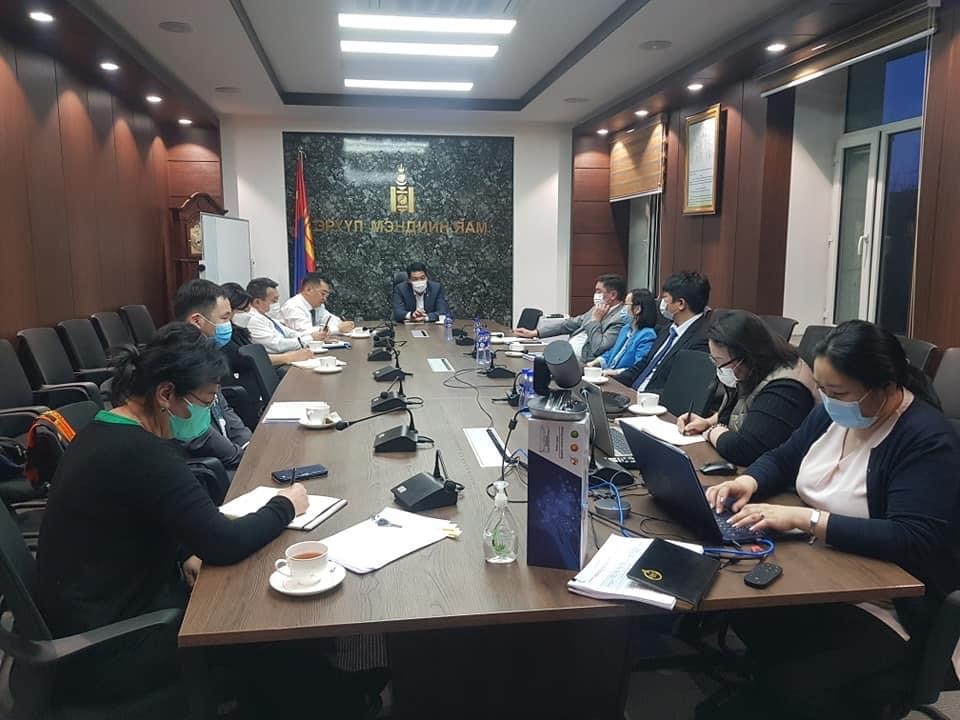In response to the recent increase of COVID 19, the Mongolian government initiated a mass testing campaign, the so-called “One door-one test” (ODOT), which utilised PCR assays to test one family member (age>18) from each of the 420,000 households in the capital city Ulaanbaatar. About $6.46 mln. was spent on implementation of this initiatives in February 2021. However, it did not produce expected result to control and substantially reduce the spread nationwide. The authors of a recently published article in The Lancet Regional Health – Western Pacific thus criticize these measures. They provide four main arguments for why the mass testing campaign did not lead to the desired changes, one of which relates directly to the health care system. The Mongolian health sector faces many system challenges caused by duplication of health services, inefficiencies, health inequalities, and poor allocation of resources which are exacerbated during COVID-19 crisis. The decision on the ODOT mass testing likely did squander scarce resources and assessed as a “resource-wasting” initiative at the cost for other essential health interventions such as vaccination. The authors conclude that resource limited countries like Mongolia should focus on the most effective strategies with long reaching implications for the sustainability not only of the health system but also for the nation’s economy and stability.


